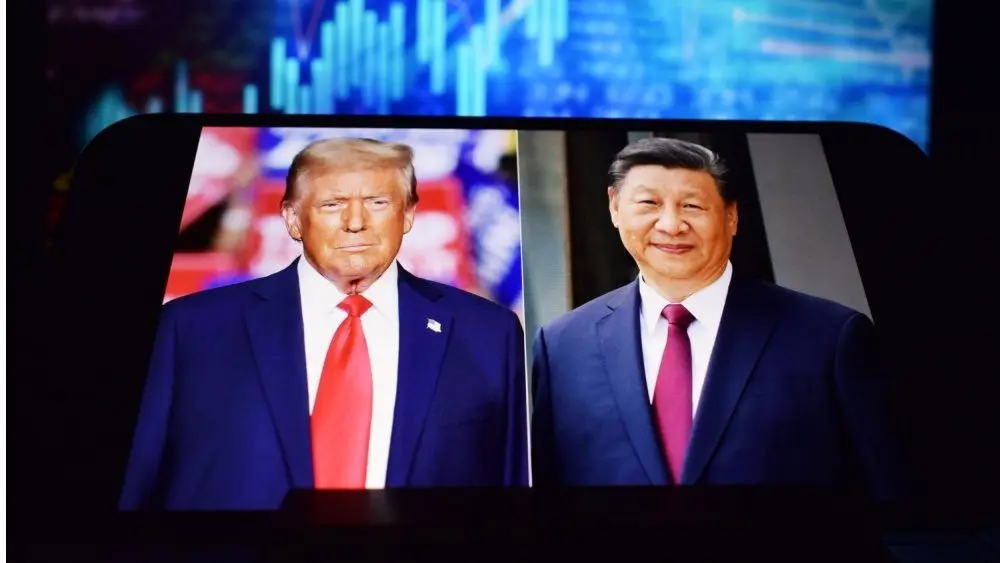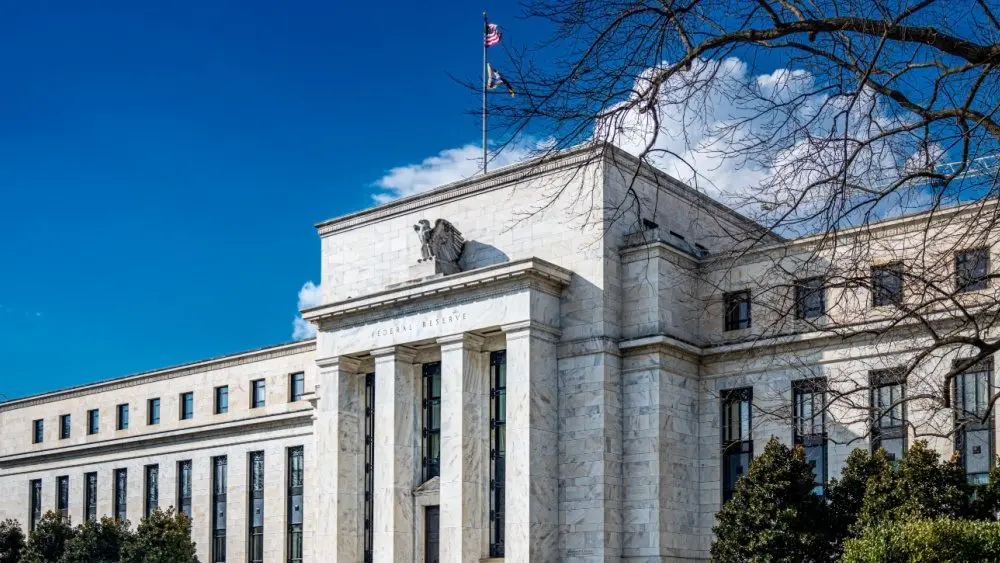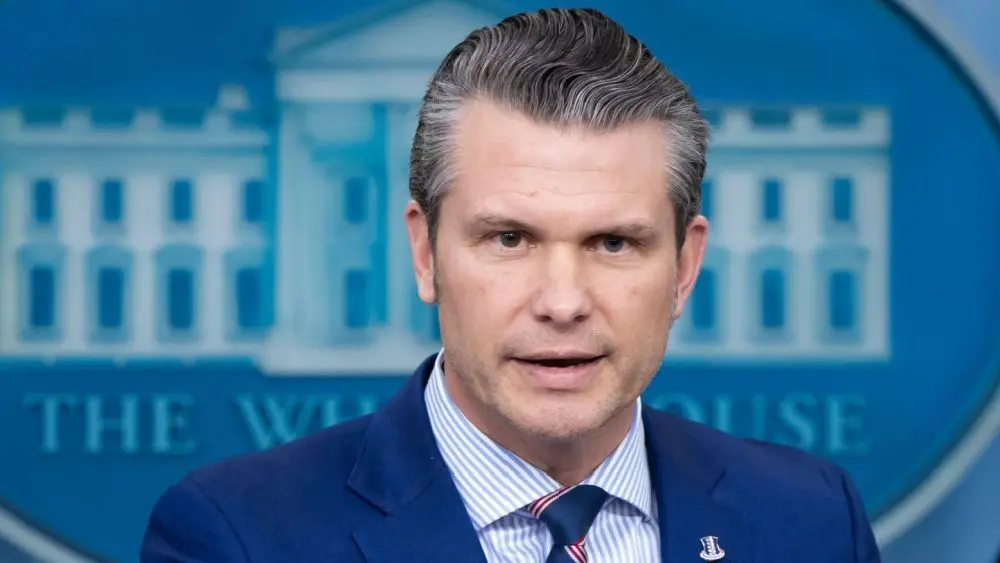
President Donald Trump and Chinese President Xi Jinping reached a short-term trade agreement, which comes after their face-to-face meeting in Busan, South Korea — their first direct talks since 2019. The agreement, described by Trump as “an amazing meeting” and “a 12 out of 10,” includes tariff reductions, renewed Chinese purchases of American agricultural and energy products, and a temporary pause on Beijing’s planned restrictions on rare earth exports.
According to both sides, the deal serves as a one-year framework aimed at easing tensions that have long strained the world’s two largest economies. Trump said he agreed to scale back tariffs on Chinese imports to 47% from 57%, cutting duties tied to fentanyl-related trade in half, from 20% to 10%. In exchange, Xi committed to “work very hard to stop the flow” of fentanyl — a synthetic opioid that remains a leading cause of overdose deaths in the United States. Beijing also confirmed a one-year suspension of export controls on rare earth elements, key materials used in electronics, renewable energy systems, and defense manufacturing. Trump said he believes the pause could be routinely extended beyond the initial year.
As part of the agreement, China will immediately resume large-scale purchases of U.S. agricultural goods — including 12 million metric tons of soybeans through January, followed by 25 million tons annually for the next three years. Trump added that Xi had “authorized China to begin the purchase of massive amounts of Soybeans, Sorghum, and other Farm products.” U.S. Treasury Secretary Scott Bessent later confirmed that Beijing will also buy American oil and gas, with discussions underway for a potential major energy deal involving Alaska’s LNG export project. Bessent said China had also approved a plan to bring TikTok under U.S.-controlled ownership, a move expected to advance in the coming months. However, China’s Ministry of Commerce did not indicate that a TikTok deal had been finalized, only noting that Beijing is “committed to properly resolving issues related to TikTok.”
In a separate gesture, Washington agreed to delay for one year a planned measure that would have barred thousands of Chinese companies from accessing U.S. technology if partially owned by sanctioned entities. Restrictions on China’s shipbuilding and maritime logistics sectors will also be paused.
Trump said the discussions covered a broad range of issues, telling reporters aboard Air Force One that “a lot of decisions were made. There wasn’t too, too much left out there.” He added that both sides agreed to pause mutual port fees aimed at countering dominance in global shipping and logistics.
The President also revealed that Russia’s war in Ukraine was a significant part of the conversation, stating that both leaders intend to “work together to see if we can get something done.” Trump said the two did not discuss China’s continued purchases of Russian oil, explaining, “He’s been buying oil from Russia for a long time… But we didn’t really discuss the oil.” Trump also clarified that his recent announcement on resuming U.S. nuclear weapons testing was unrelated to China, saying the move “had to do with others .. We have more nuclear weapons than anybody… I’d like to see a denuclearization… something we are actually talking to Russia about, and China would be added to that, if we do something.”
The meeting in Busan followed Trump’s bilateral talks with South Korean President Lee Jae Myung, where the two allies settled a long-debated tariff arrangement. Xi, speaking through a translator, emphasized that occasional “frictions” between the two powers are normal, but stressed that “China’s development and rejuvenation are not incompatible with President Trump’s goal of ‘Making America Great Again.’”
Trump also announced that he will visit China in April, with Xi expected to make a reciprocal trip to the United States later in the year.
Editorial credit: miss.cabul / Shutterstock.com





